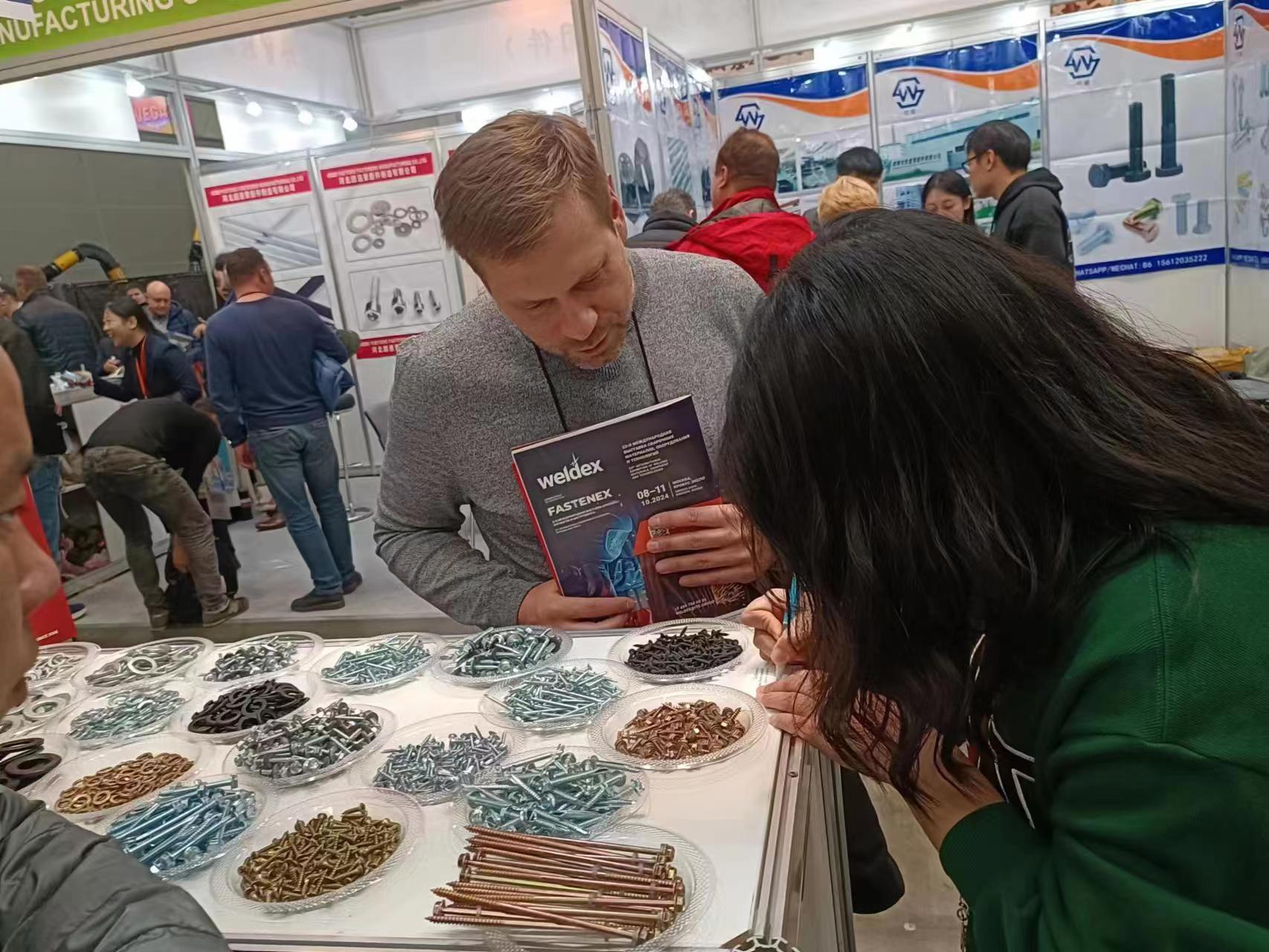A Comprehensive Guide to Choosing the Right Size for Drywall Screws
A Comprehensive Guide to Choosing the Right Size of Drywall Screws
When it comes to hanging drywall, one small yet crucial detail that can easily be overlooked is the choice of screws. The size of drywall screws you select can significantly affect the final quality of your project. In this guide, we'll discuss the key factors to consider when choosing drywall screw sizes, as well as provide tips for purchasing them effectively.
Understanding Drywall Screws
Drywall screws are specifically designed for fastening drywall to wooden or metal studs. They have a sharp point, a flat head, and often feature a bugle head that allows them to sit flush against the surface of the drywall, preventing tearing of the paper covering. The screws are usually available in various sizes, and selecting the right size is vital for ensuring the stability and durability of the drywall installation.
Common Sizes of Drywall Screws
Drywall screws are typically categorized by their length and diameter. The most common lengths are 1 inch, 1¼ inches, 1½ inches, 2 inches, and 2½ inches. The diameter of drywall screws is generally measured in gauge, with 6-gauge and 8-gauge being the most commonly used.
1. 1 Inch Screws Ideal for attaching drywall to metal studs or for layering sheets of drywall. 2. 1¼ Inch Screws Frequently used for securing 1/2-inch drywall to wood studs, providing enough depth without risking screw protrusion. 3. 1½ Inch Screws This size works well for standard situations, such as attaching 5/8-inch drywall to wood studs. 4. 2 Inch Screws Often used in thicker drywall; suitable for use with 5/8-inch sheets of drywall against wood. 5. 2½ Inch Screws Primarily utilized for thicker installations, such as when multiple layers of drywall are used or in fire-rated assemblies.
Factors to Consider When Choosing Drywall Screw Size
1. Drywall Thickness The thickness of the drywall being used will dictate the appropriate screw length. Generally, for 1/2-inch drywall, 1¼-inch to 1½-inch screws are ideal, while 5/8-inch drywall typically requires 1½-inch to 2-inch screws.
2. Stud Material The type of studs—whether wood or metal—also plays a role. For metal studs, shorter screws are usually sufficient, while wood studs can accommodate longer screws due to their greater density.
buy drywall screw size guide

3. Joint Types If you are applying drywall in a fire-rated assembly or need to secure seams with additional strength, consider longer screws to ensure a firm hold.
4. Application Environment If you are installing drywall in areas with high humidity or temperature variations, using coated screws designed for moisture resistance is advisable. These screws often come with a special finish to prevent rust and corrosion.
Purchasing Drywall Screws
When purchasing drywall screws, it’s essential to buy high-quality products to guarantee a successful installation. Here are some tips for choosing the right screws
1. Buy in Bulk Most home improvement stores offer screws in bulk or as part of a kit. This can be more economical for larger projects.
2. Consider Pre-drilling If working with particularly hard woods or dense materials, you may want to consider pre-drilling pilot holes to avoid damaging the material.
3. Look for Specialty Screws Some screws are specifically designed for particular tasks, such as self-tapping screws for metal studs or tapered screws for use with thicker drywall.
4. Check Reviews Consider customer reviews and ratings when selecting screws, as they can provide insight into performance and reliability.
Conclusion
Selecting the right size of drywall screws is vital for ensuring your drywall installation is secure and aesthetically pleasing. By understanding the various sizes available and considering factors such as drywall thickness and stud material, you can make informed choices that will contribute to the overall success of your project. Remember, investing in quality screws today will pay off in durability and stability for years to come. So, before heading to your local hardware store, equip yourself with the knowledge needed to choose the best drywall screws for your next project!
-
Top Choices for Plasterboard FixingNewsDec.26,2024
-
The Versatility of Specialty WashersNewsDec.26,2024
-
Secure Your ProjectsNewsDec.26,2024
-
Essential Screws for Chipboard Flooring ProjectsNewsDec.26,2024
-
Choosing the Right Drywall ScrewsNewsDec.26,2024
-
Black Phosphate Screws for Superior PerformanceNewsDec.26,2024
-
The Versatile Choice of Nylon Flat Washers for Your NeedsNewsDec.18,2024










